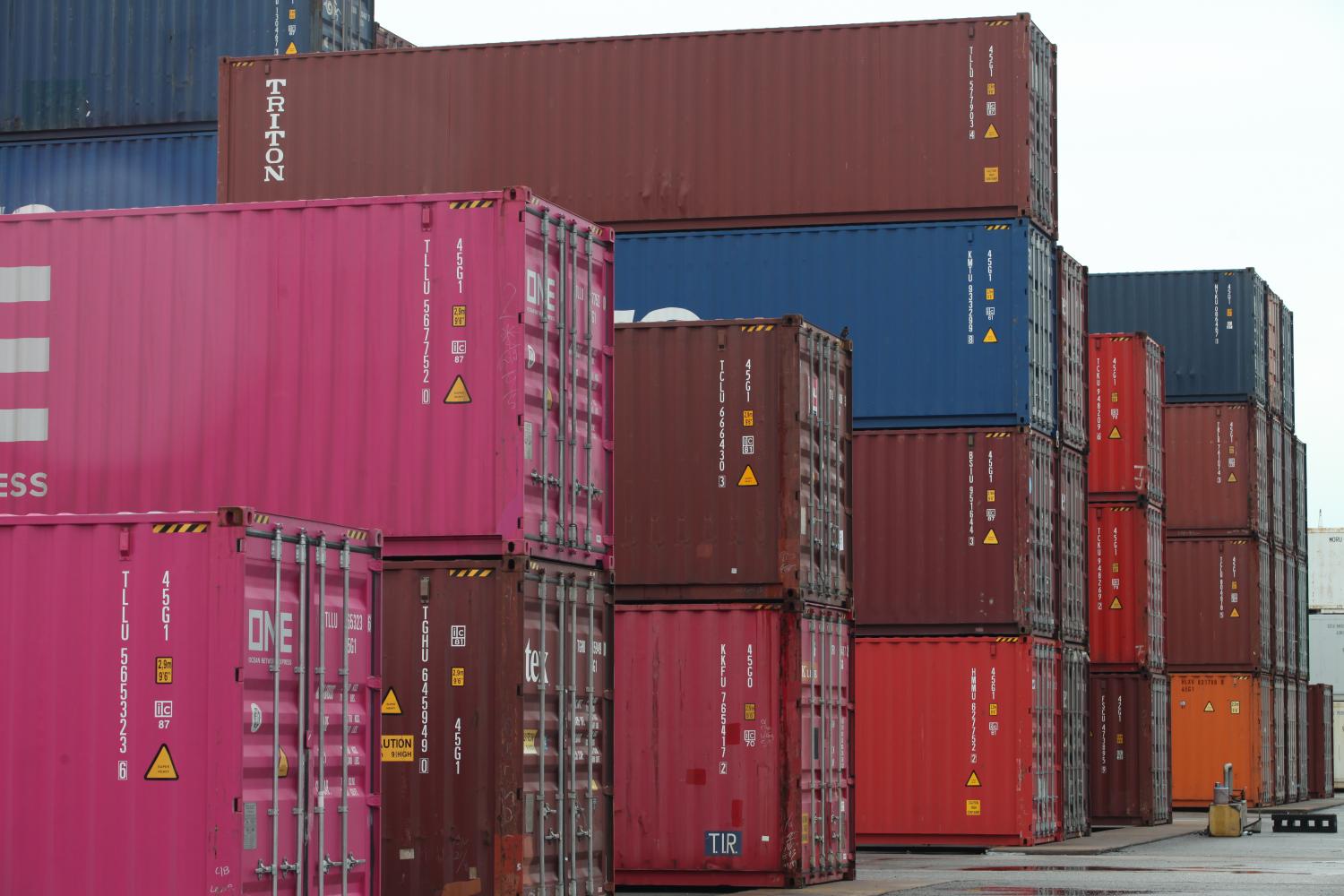
The Asean Business Advisory Council (Asean-BAC) was satisfied with negotiations over Asean trade facilitation procedures, in which all members agreed to form and implement guidelines on non-tariff measures, says the Trade Negotiations Department.
Thailand is the Asean chair for 2019. The Asean Trade Facilitation Joint Consultative Committee was held last week.
Director-general Auramon Supthaweethum said Asean members agreed to implement the guidelines on non-tariff measures.
"Under the guidelines, all members are informed before the implementation of non-tariff measures and each measure should be applied as reasonable and necessary, while public hearings should be held with stakeholders before implementation," Mrs Auramon said. "After implementation, Asean countries have to review and evaluate impact by setting up National Trade Facilitation Committees in each country to regulate the trade measures in line with the World Trade Organization [WTO]."
She said the committee resolved to reduce trade transaction costs by 10% in 2020 under a resolution of the Asean Economic Ministers meeting in 2017.
The Economic Research Institute for Asean and East Asia (ERIA) will cooperate with 10 Asean nations to gauge trade transaction cost reductions, such as how long imports are held at customs checkpoints, waiting time at the pier and time required for admission documents.
"The study will be completed before the deadline in 2020," Mrs Auramon said.
Asean is improving the Asean Trade Repository to be published online to report sanitary and phyto-sanitary measures to accommodate importers and exporters.
"The Asean committee had many meetings last week, including the EU-Asean Business Council and the US-Asean Business Council," Mrs Auramon said. "Many companies were satisfied with resolutions to reduce trade transaction costs and the solutions for the non-tariff barriers."
The committee also gave an update on the progress of the Asean Single Window system.
The business councils have proposed low-value shipment programmes to promote and expand an e-commerce transaction ceiling to reduce transaction costs while Asean members discuss the matter with related agencies to further solutions.
Asean member countries together form Thailand's largest trade partner. In 2018, bilateral trade value grew 13% from 2017 to US$113.934 billion.
Thailand's exports were worth $68.437 billion, representing 27% of total export value for the period. Import value was $45.497 billion in 2018.
Thailand had a trade surplus with Asean of $22.94 billion in 2018.